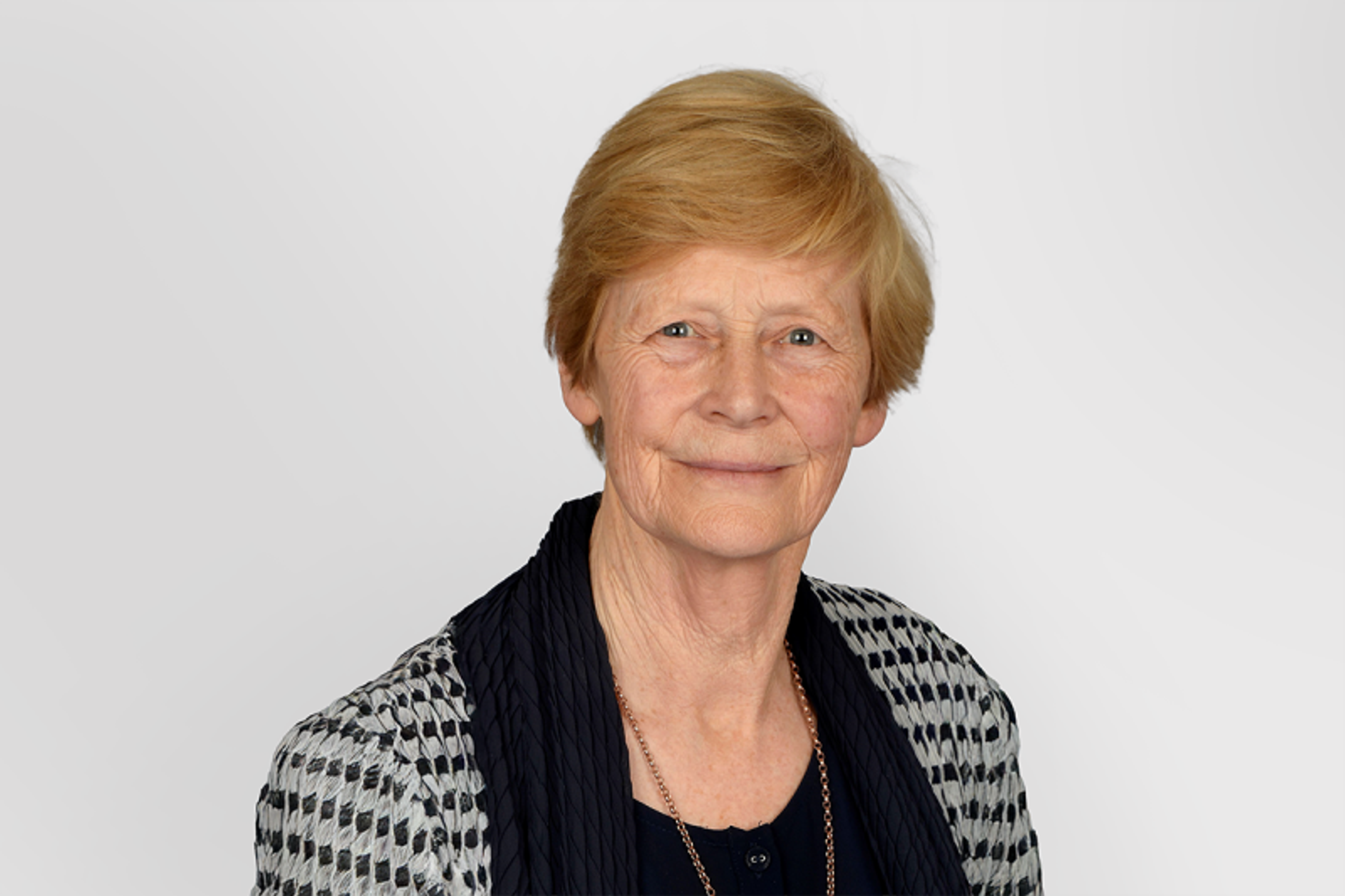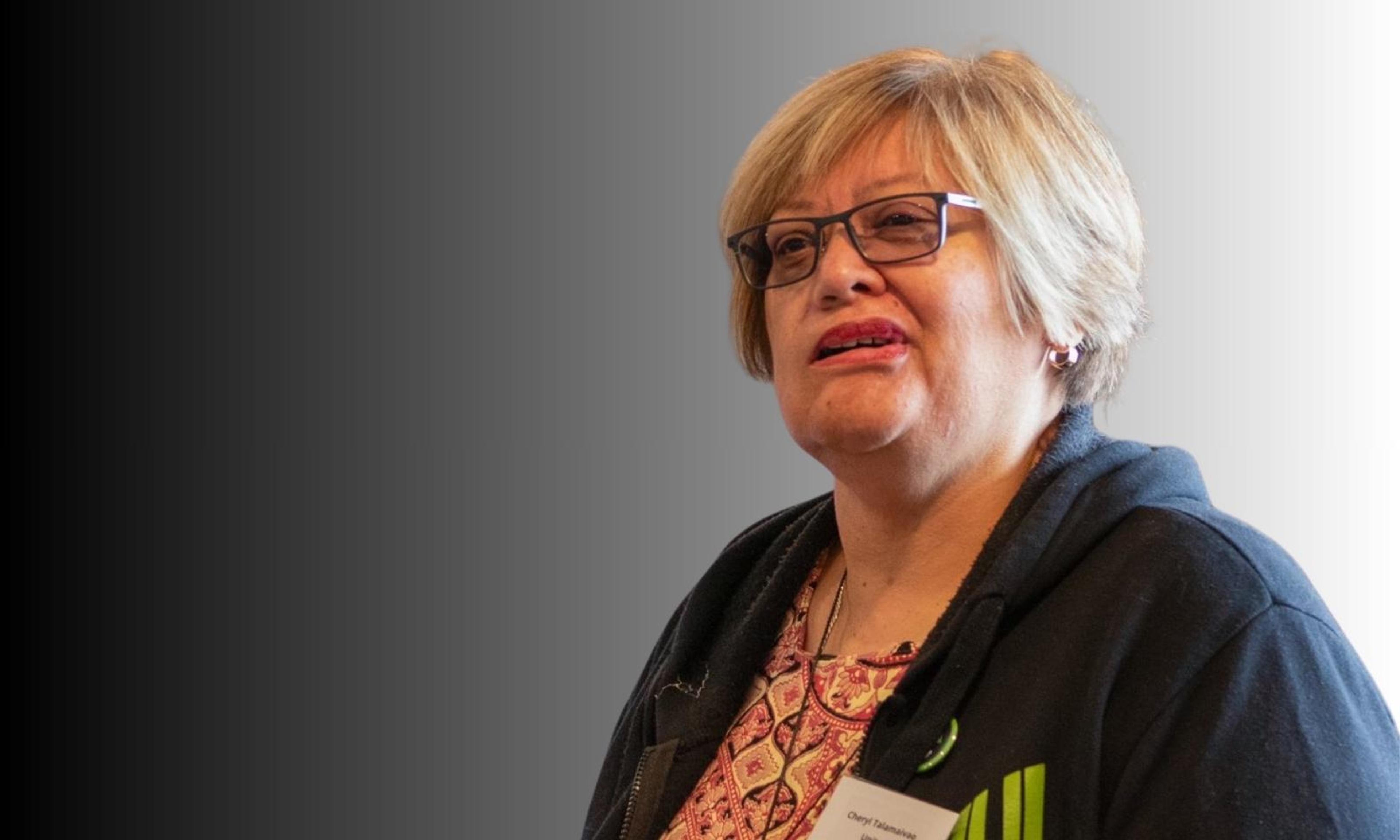

Eight Pacific island nations have joined PacerPlus including Cook Islands, Kiribati, Niue, Samoa, Solomon Islands, Tonga, Tuvalu and Vanuatu.
Photo/PacerPlus
Niue, Solomon Islands secure labour mobility pact
The PACER Plus Agreement is a key trade initiative between New Zealand, Australia and Pacific Island nations.



Four decades of Pacific service: Sāmoan senior lecturer recognised in New Year Honours

Forget the resolutions: Here's how you can live with intention in 2026

Pacific eyes on rising US strikes in Venezuela amid deaths at sea


Four decades of Pacific service: Sāmoan senior lecturer recognised in New Year Honours

Forget the resolutions: Here's how you can live with intention in 2026
A pilot programme set to address labour shortages in Niue and the Solomon Islands has been implemented by both countries.
The Labour Mobility Pilot was signed by Niue's Secretary of Government, Peleni Talagi, and Solomons' Permanent Secretary of Foreign Affairs and External Trade, Collin Beck, in Tamakautoga, Niue, on Monday.
The programme will see Niue employ four nurses from the Solomons in its health sector.
From August, the initiative aims to benefit both countries and could expand to other sectors if successful.
The pilot programe is being funded by the Pacific Agreement on Closer Economic Relations or PACER Plus.
Watch Dr Alisi Kautoka Holani's interview below.
Dr Alisi Kautoka Holani is a labour mobility specialist at the Pacer Plus implementation unit in Wellington and says Pacer Plus is a landmark trade and development agreement between eight Pacific island nations.
She told Pacific Mornings' William Terite that PacerPlus is aimed at raising the living standards, creating jobs and increasing exports in these countries, while also lowering barriers and providing greater certainty for New Zealand businesses.
"The eight Pacific countries are Cook Islands, Kiribati, Niue, Samoa, Solomon Islands, Tonga, Tuvalu and Vanuatu.
"PacerPlus covers all trade areas including goods, services, and investment. It's unique in that it's not a conventional free trade agreement because it has a development focus.
"It has a pool of funding that's available to support specific parties in the implementation of the agreement, and it has an arrangement on labour mobility."
She said this was the arrangement that facilitated the Niue-Solomons' pilot programme "to facilitate regional labour mobility cooperation to support the temporary movement of Pacific workers between the territories of the PacerPlus parties.
"We're excited about this pilot. It's an example of how the PacerPlus arrangement on labour mobility can be leveraged to facilitate the movement of workers from where there is a labour surplus to where there are labour shortages.
"And so Niue, for example, has a small population of about 1600, and its population growth has relatively remained stagnant for the past decades, with about 20 per cent of the population in retirement age.
"And so labour shortages for Niue exist as a key development constraint across all sectors, both economic and in social services as well."

Niue Government Secretary Peleni Talagi, (left), with Solomon Islands' Permanent Secretary of Solomon of Foreign Affairs and External Trade, Collin Beck, at the signing of the Inter-Agency Understanding in Tamakautoga, Niue. Photo/PacerPlus
On 3 July 2020, Niue became the seventh country to ratify PacerPlus after formally notifying the Depository in Tonga.
Niue's Minister for Infrastructure and Finance, Crossley Tatui, said their population experienced a dramatic decline in the 1970s and has remained relatively stagnant at around 1600 in the past 20 years.
"The working aged population has seen a consistent decrease over the last decades while the retired aged group has consistently increased, with about 20 per cent of the population above retirement age.
" Labour shortage is therefore a very real problem for Niue and labour mobility provides the only viable solution to addressing this development constraint," Tatui said.
On 22 June 2020, the Solomon Islands became the sixth country to ratify PACER Plus after formally notifying the Depository in Tonga.
Beck said economic growth in the Solomon Islands economic growth was not keeping up with the country's fast-growing population with more than 20,000 youths annually looking for jobs.
He said the narrow economic base of the country was unable to generate sufficient employment for everyone.
"There is also a large number of nurses graduating out of Solomon Islands' national institutions each year. And with the retirement age of 55 years, we have experienced nurses available for job opportunities in overseas markets.
"The Niue-Solomon Islands Labour Mobility Pilot puts a human face to the two nations' relations and presents a new beginning in strengthening people-centred relations that can grow and diversify to other sectors.

Solomon Islands and Niue flags. Photo/file
"The Solomon Islands has a deep work-ready pool we can draw on," Beck said.
Holani said the unit was approached by the Niuean government to look at a strategy to address these shortages by supplying or sourcing labour from other Pacific countries.
On the other hand, she said the Solomon Islands has a population growth rate of about 2.3 per cent per annum, which more than double the world average.
She said the rapid population growth in the Solomons created a development issue for them, that the local labour market was unable to generate enough jobs for the high number of school leavers each year.
This included a large number of nurses who graduated from local training institutions but were unable to find employment in the local health sector in the Solomons.
"Because of this problem, the Solomon Islands has also reached out to us. They've set their retirement age at 55 so we have a pool of experienced retired Solomon Islands nurses who can still be and are still employable in other labour markets like Niue.
"We have worked with both countries to address their labour needs, and we have been very careful about selecting the labour-sending country to supply the labour for Niue, given that there are other countries in the Pacific that have a different level of population growth rate in labour supply, and these countries may be suffering from the issue of brain drain.
"The pilot is tailored to be a mutually beneficial arrangement that meets the needs of both Niue and Solomon Islands by targeting retired Solomons nurses under the age of 60, which is the retirement age in Niue, so they can still meet the requirements of the Niue health sector and deliver a win-win for both countries."
The six-month Niue-Solomons pilot programme is managed under an intergovernmental agreement, interagency understanding, or IAU and monitored by PacerPlus.
Former PMN journalist Lisa Williams-Lahari's report at the third Pacific Labour Mobility Annual Meeting in Honiara in October 2018.